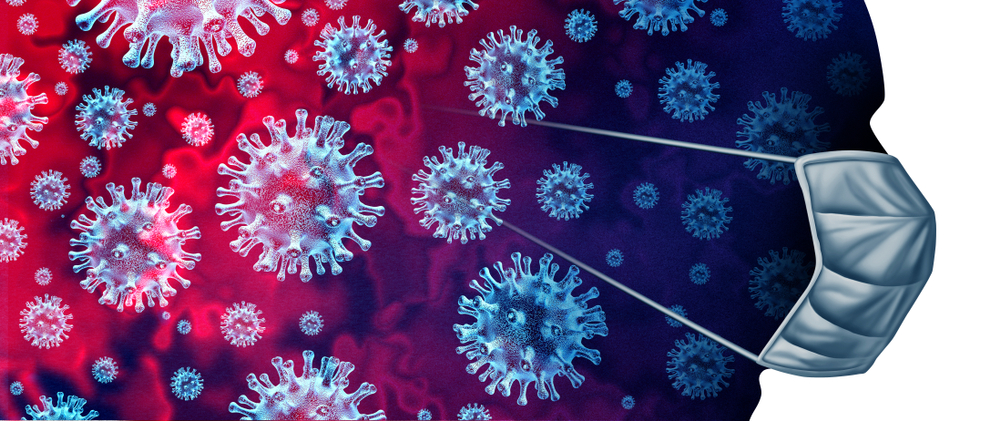
The Department of Homeland Security (DHS) Science and Technology Directorate (S&T) is conducting research to better understand the COVID-19 coronavirus and prevent its spread.
Currently, there is only limited information available about the virus. Researchers at the National Biodefense Analysis and Countermeasures Center (NBACC) laboratory, in cooperation with the DHS Countering Weapons of Mass Destruction Office, are working to answer the many questions experts have about its survivability and transmission. The researchers are evaluating the impact of a range of conditions, like temperature and humidity, to determine the virus’s survivability in the air, in respiratory fluids, and on various types of surfaces.
“With this critical research, we are advancing the country’s top priority in helping to stop the spread of COVID-19,” said William Bryan, DHS Senior Official Performing the Duties of the Under Secretary for Science and Technology. “This will help us understand many of the factors that influence the persistence of the virus on surfaces or in the air, and what methods are most effective for disinfecting potentially contaminated surfaces.”
NBACC will provide updates on their findings to DHS and response agencies as they become available, especially those that may immediately impact efforts to mitigate transmission. The results will provide information to protect those responding to the COVID-19 pandemic, including first responders and health care providers. They will also offer best practices for individuals to reduce the potential for contamination.
As part of the study, the researchers are conducting a disinfectant study to provide information on the most effective materials to clean surfaces.
NBACC was established to conduct research for responses to biological events and develop response tools and information to stem the impact of such events.




